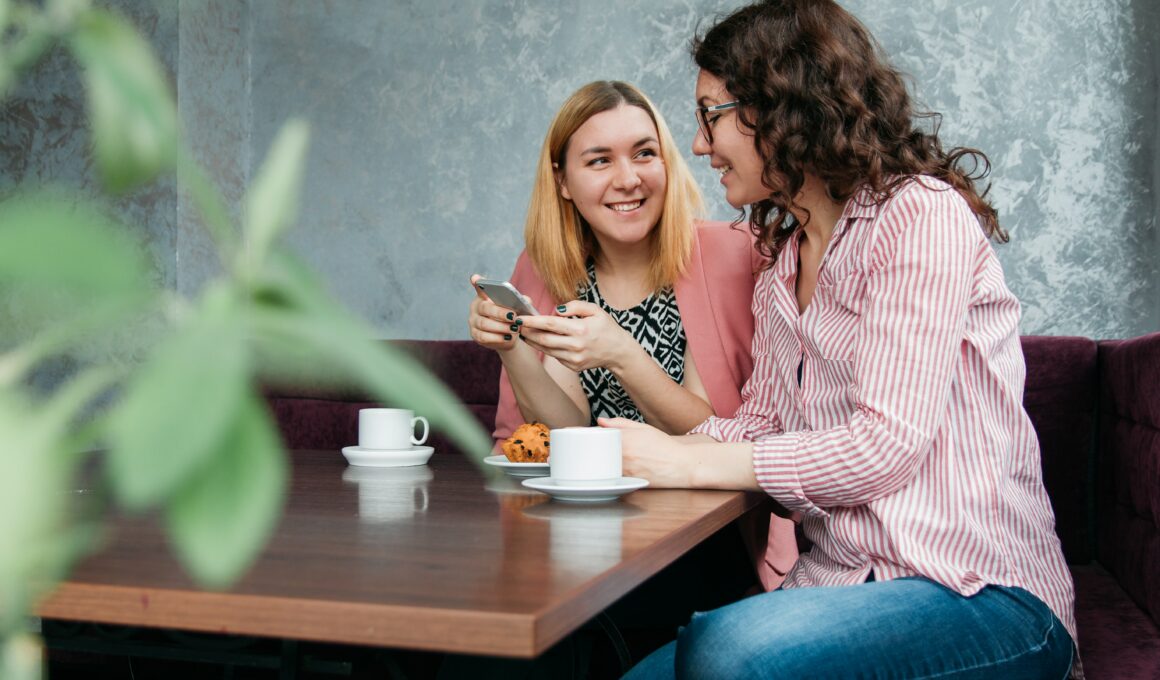A recent study involving over 1,000 participants has highlighted the significant influence that the opinions of friends and family have on individuals’ life decisions, a phenomenon known as ‘social proof’. The research revealed that, on average, individuals were 1.5 times more likely to seek advice from friends and family rather than experts across a range of issues, including restaurant recommendations and financial choices.
Surprisingly, half of the respondents were more likely to consult friends and family about where to invest their money, with 40 percent relying on their opinions even for high-risk investment decisions, rather than seeking advice from experts in the field.
The concept of social proof, introduced by Dr. Robert Cialdini in 1984, refers to the subconscious influence that people around us have on our decision-making processes. In this context, the ‘wisdom of friends’ aspect suggests that advice from peers often carries more weight than is wise in important decision-making.
The study, commissioned by the investment app ‘&me’, which provides tailored portfolios and expert advice, found that participants were largely unaware of this effect. Despite claiming to value expert knowledge, individuals often reverted to the opinions of those closest to them when making important judgments.
Interestingly, the research revealed that adults rely on advice from friends and family 54 percent (1.5 times) more than professional sources, such as financial advisers, restaurant critics, or OFSTED inspectors, for decision-making in various areas of life.
The study also uncovered some intriguing findings, such as individuals rating a banker’s opinion on budgeting eight percent lower than average compared to other financial advice sources. Moreover, participants were 19 percent more likely to seek advice from their partners rather than from professionals. TV shows offering financial advice were also more likely to influence decisions, being chosen 15 percent more frequently than professionals.
Dr. Briony Pulford, an associate professor of psychology at the University of Leicester, collaborated with ‘&me’ to explore why people are unduly influenced by friends and family when making life decisions. Dr. Pulford explained that individuals tend to trust advice from friends and family because they believe that their loved ones have their best interests at heart and understand their preferences and values. However, this research suggests that people are overly influenced by their social circles and often neglect seeking advice from experts.
An additional survey of 2,000 adults found that over a quarter (28 percent) deliberately avoid seeking advice from experts, instead relying on the opinions of friends and family. Only 32 percent indicated that they would consider guidance from both their close ones and professionals. Surprisingly, nearly a third of respondents have made significant life decisions, such as getting married, leaving a partner, or changing careers, solely based on the advice of their social circle. While 70 percent claim to have never received bad advice from friends or family, 22 percent admit to having received poor advice that led to negative outcomes. In fact, half of the participants have even ended friendships with individuals who provided them with bad advice.
Given these findings, it is unsurprising that 40 percent of respondents expressed regret for not seeking more expert advice before making important life decisions. While gut instinct plays a crucial role for 84 percent of participants when making major life choices, some individuals use unconventional methods, such as making pros and cons lists (41 percent), delegating decision-making to others (12 percent), flipping a coin (nine percent), or consulting a clairvoyant (eight percent).
Riaan de Bruyn, representative of the investment app ‘&me’, emphasizes the importance of being selective when seeking advice from friends and family. While their opinions matter, de Bruyn suggests that individuals








